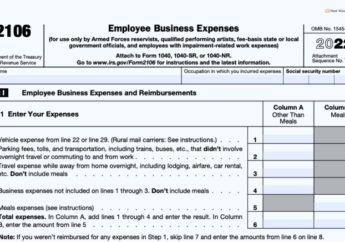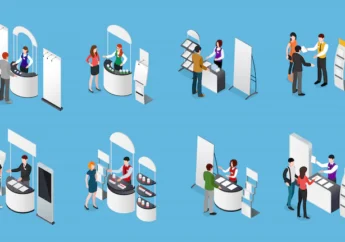Debt Consolidation Loans vs. Credit Card Refinancing: Which Is Better for You?
by Arina Smith Finance 25 February 2021

Feeling overwhelmed by credit card debt is as relatable as feeling lonely after mostly staying home for the past year. And while you may need to wait a bit longer to go gallivanting around, there are several options to help lower your stress related to credit card debt, namely debt consolidation loans and credit card refinancing.
While deciding on the best way to consolidate credit card debt may seem like a flip of a coin, each method has pros and cons. Depending on your financial situation, one may work better for you than the
When to get a debt consolidation loan?

If you like consistency and are able to qualify, a debt consolidation loan can be a great option for consolidating credit card debt. Most of these personal loans come with fixed rates, fixed monthly payments, and fixed terms so you know exactly what you’re getting into and when you’ll have your debt paid off. Interest rates on personal loans tend to be much lower than credit cards, so you’ll likely be able to pay less interest over time.
Lenders typically require a good-to-excellent credit score for a debt consolidation loan. If you have bad credit, you may be able to qualify with certain lenders, but your interest rate may be higher than your current credit card annual percentage rate (APR). In that case, a debt consolidation loan may not be the way to go.
When to refinance your credit cards?
Credit card refinancing, a.k.a. a balance transfer, is the process of moving your credit card debt from one account to another.
Like debt consolidation loans, balance transfer credit cards generally require a good-to-excellent credit score. And amid the COVID-19 pandemic, they have been harder to get.
Many balance transfer cards come with lengthy 0% introductory APR offers that can range from 12 to 21 months, making them a good option for those who are dedicated to minimizing interest and becoming debt-free as quickly as possible.
But it’s not all sunshine and rainbows. Balance transfer cards usually have a balance transfer fee of about 3% to 5% of the amount you’re transferring. If that amount outweighs your interest savings, this may not be the best option.
Alternatives to debt consolidation loans and credit card refinancing:
If you’re looking for an option for debt consolidation with bad credit, you’re probably like, “Hey, what about me?” While debt consolidation loans and credit card refinancing may be off the table for you, there are alternatives.
Homeowners have a handful of options for secured loans instead of the unsecured methods because their home acts as collateral. A home equity loan, home equity line of credit (HELOC), and cash-out refinance are all viable options if you have poor credit. But keep in mind that you could be risking your home if you default.
For non-homeowners, you could consider a debt management plan (DMP) through a credit counseling agency, which will help you develop a repayment plan and get a better interest rate.
Whichever way you go, consider it one step closer to debt-free living.
Read Also:







































































































